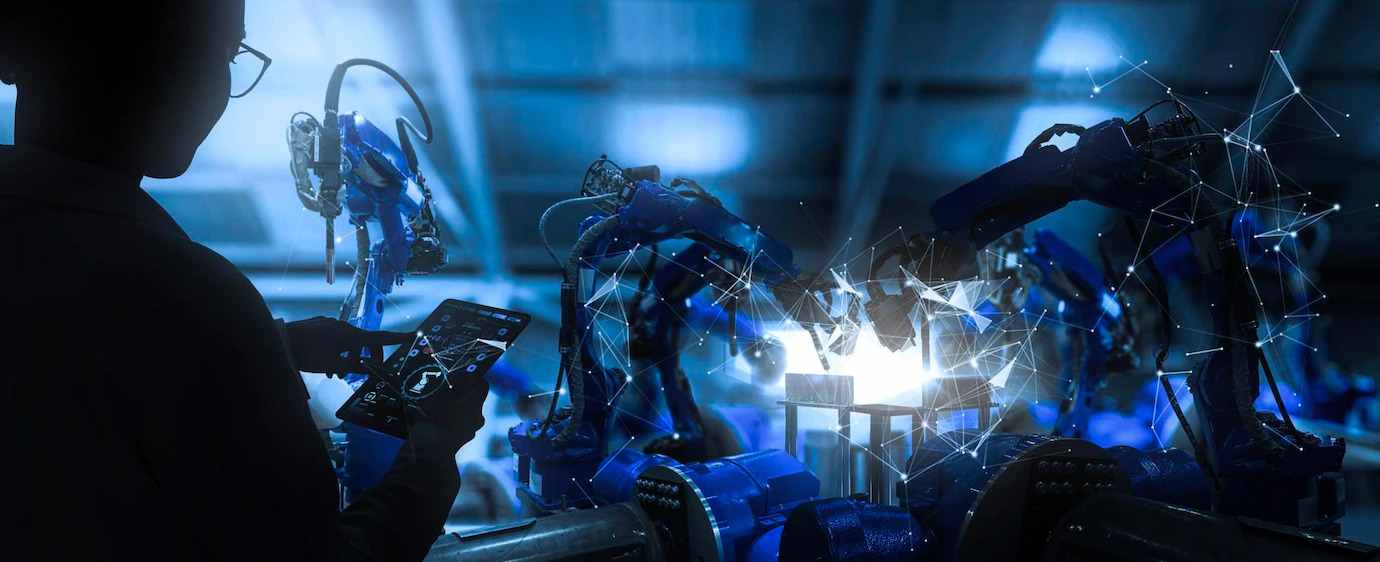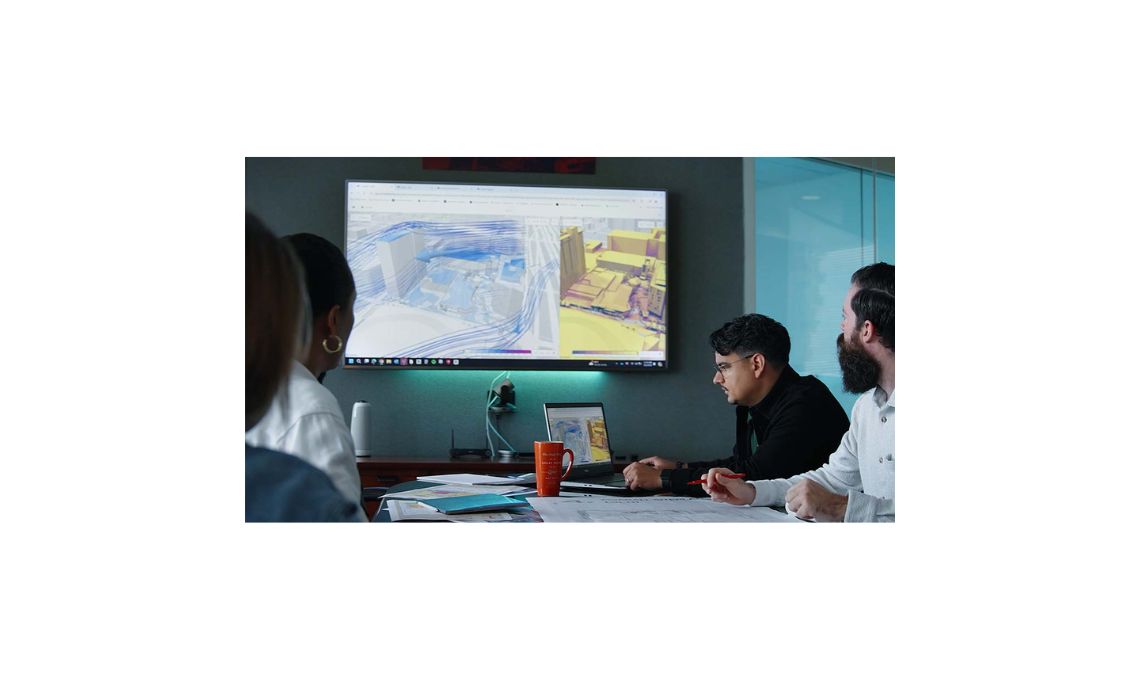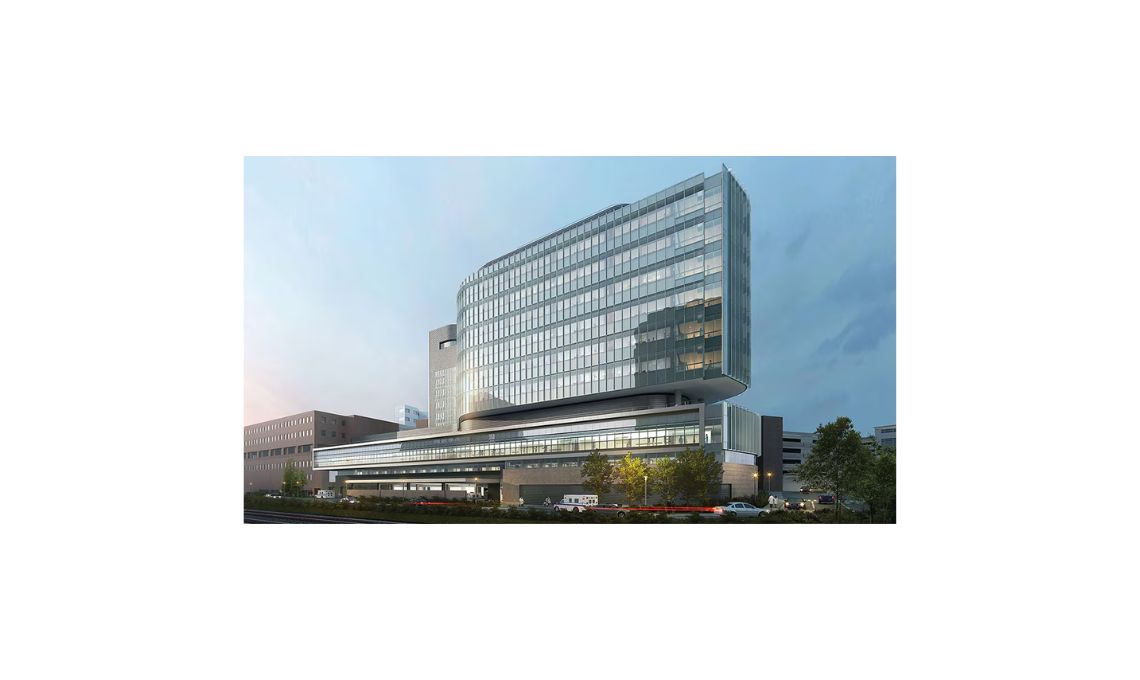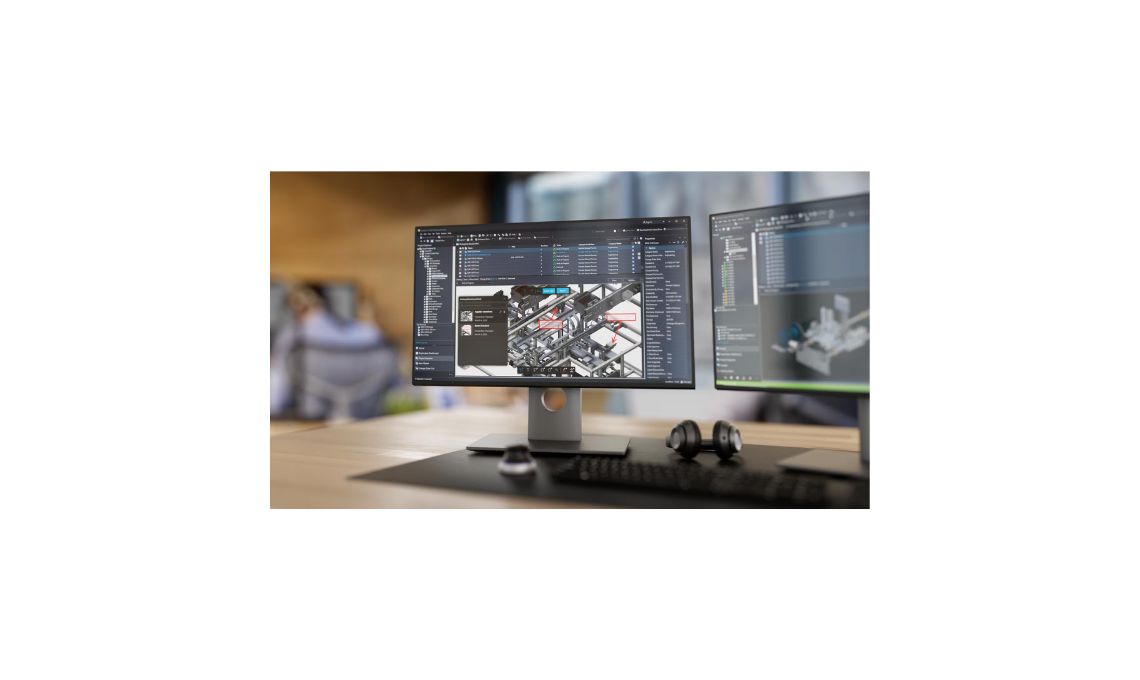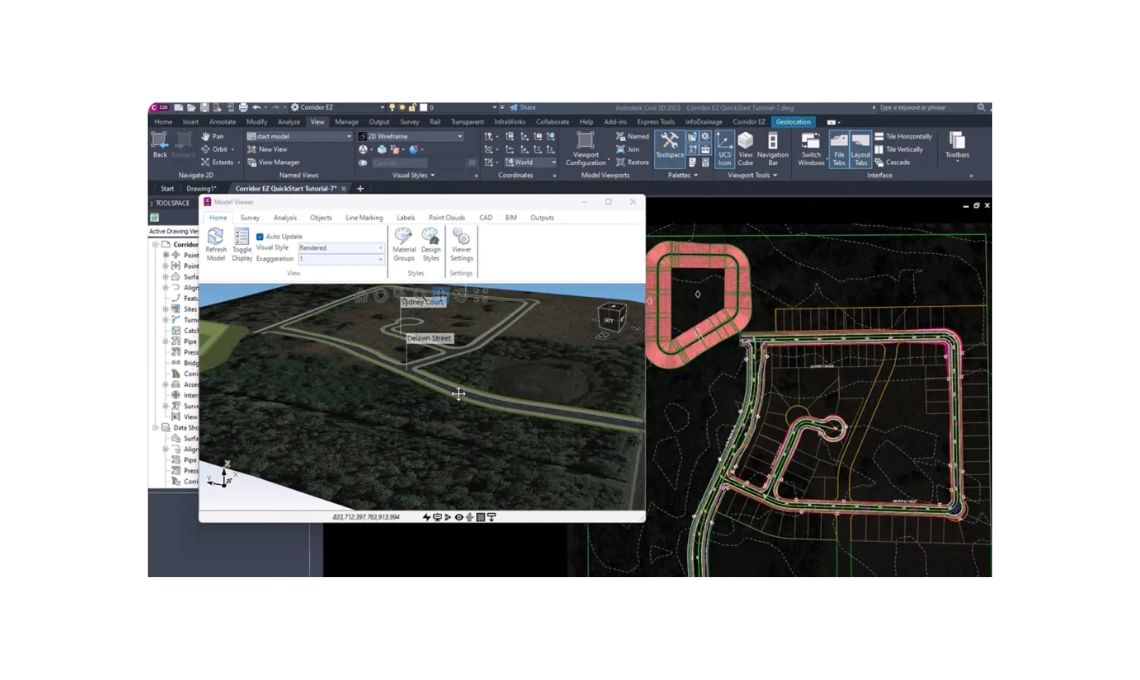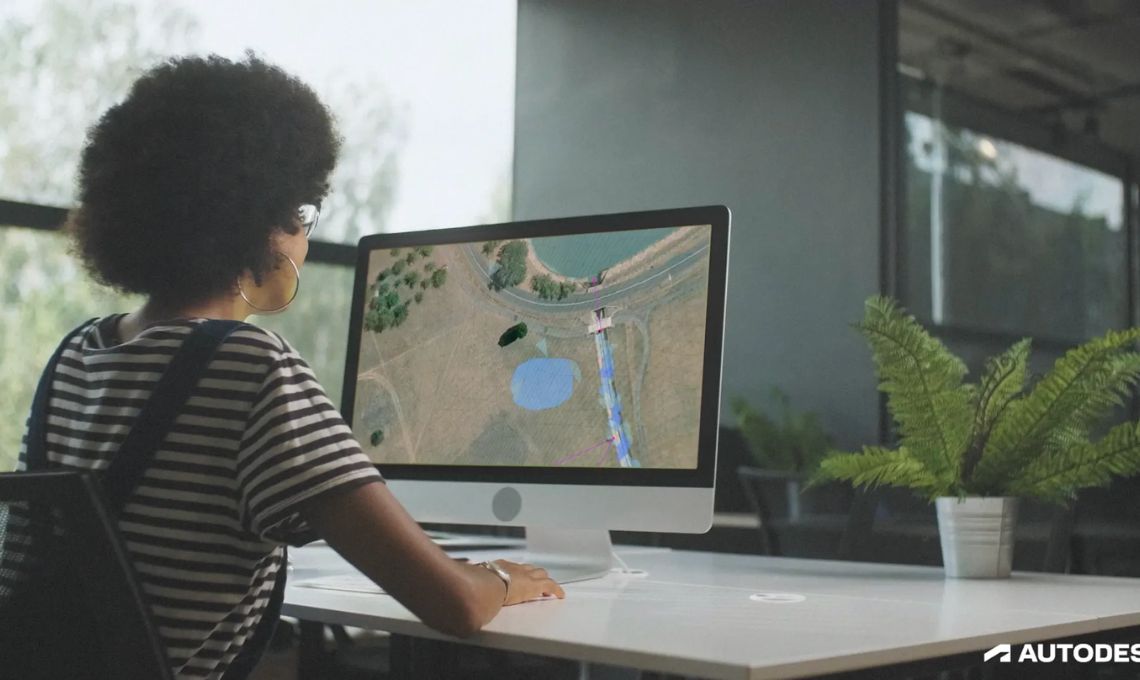Today we will look at the practical applications of AI in construction and how it can impact the construction industry.
Artificial Intelligence (AI) is the technology that enables machines to be trained to mimic human cognitive functions. It is capable of detecting patterns, learning from experience, and understanding data and images.
In the construction sector, its use is a competitive advantage to generate safer projects, optimize resources, and increase efficiency. It’s still too early to predict the long-term effects of AI in construction, however, the opportunities that lie ahead are undeniable. It is undoubtedly one of the emerging technologies with the brightest future, along with others such as virtual reality or the metaverse.
The AEC industry is in a moment of digitization, which advances by scrutinizing conventional cycles and breaking current frameworks. A.I. reasoning can affect the entire value chain, from the creation of building materials, plans, arrangements, and breakthroughs to the executives’ project.
This cycle can be overwhelming, especially for organizations that are not savvy about the possible outcomes of this and other developments. Fortunately, AI need not be a mental problem. The key is to rethink the frameworks and characterize where in the chain man-made brainpower can settle or enable our work process toward productivity.
Benefits of AI in the construction sector
Unlike the human mind or any logbook, artificial reasoning can store and handle unlimited measures of information and profit from it. This is conceivable thanks to its counterpart called AI, which uses the information it gathers and tests it with an experimentation technique to recommend improvements in future development projects.
These features can save resources in different phases of a construction project while multiplying creative and sustainable possibilities automatically.
1. Project management: With the ability to access employee data, artificial intelligence systems can automatically assign tasks to employees based on their skills and availability.
2. Smart construction: AI provides the opportunity to collect data more accurately, and with BIM (Building Information Modeling), they can form a duo of great potential. Besides making intelligent design proposals, contractors can make better planning decisions.
3. Generative design in construction: Generative design is an iterative design process involving a program that produces many options that meet established parameters. The designer refines the specifications by selecting an alternative or adjusting the input values, ranges and distribution. This technology can impact the iteration of construction projects and cause generative construction in which experimentation with proposals and alternatives that are currently unimaginable due to the size and complexity of projects in the sector is possible.
4. AI for land surveying and mapping: Geo-spatial AI and drones are now being used to retrieve geospatial information systems (GIS) data. This is a critical technology for on-site construction. Data retrieval is facilitated by the adoption of AI-based systems. And these systems reduce the time required to produce accurate aerial imagery and topographic maps.
5. Autonomous machinery for increased productivity: The recent development of autonomous vehicles has led to the increased popularity of using autonomous construction machinery to perform simple tasks. These tasks include concrete pouring, bricklaying, demolition, and welding. This ends up in more efficient and accurate execution in the work field.
Looking to the future of AI in construction
AI brings extraordinary benefits to boost the construction industry. Given the versatility of new digital technologies and the advancement of big data, the construction industry has a powerful tool to drive operational efficiency.
The drive for digitization in the new post-Covid 19 environment paddles in this direction and, as in other areas, it will accelerate a trend that was already underway. However, there are relevant risks that need to be taken into account when using AI. As the World Economic Forum points out “without proper oversight, AI can replicate or even exacerbate human bias and discrimination.”
When implementing this technology, it is, therefore, advisable to do so responsibly, progressively, and in a way that strikes a balance between technology and human qualities.
